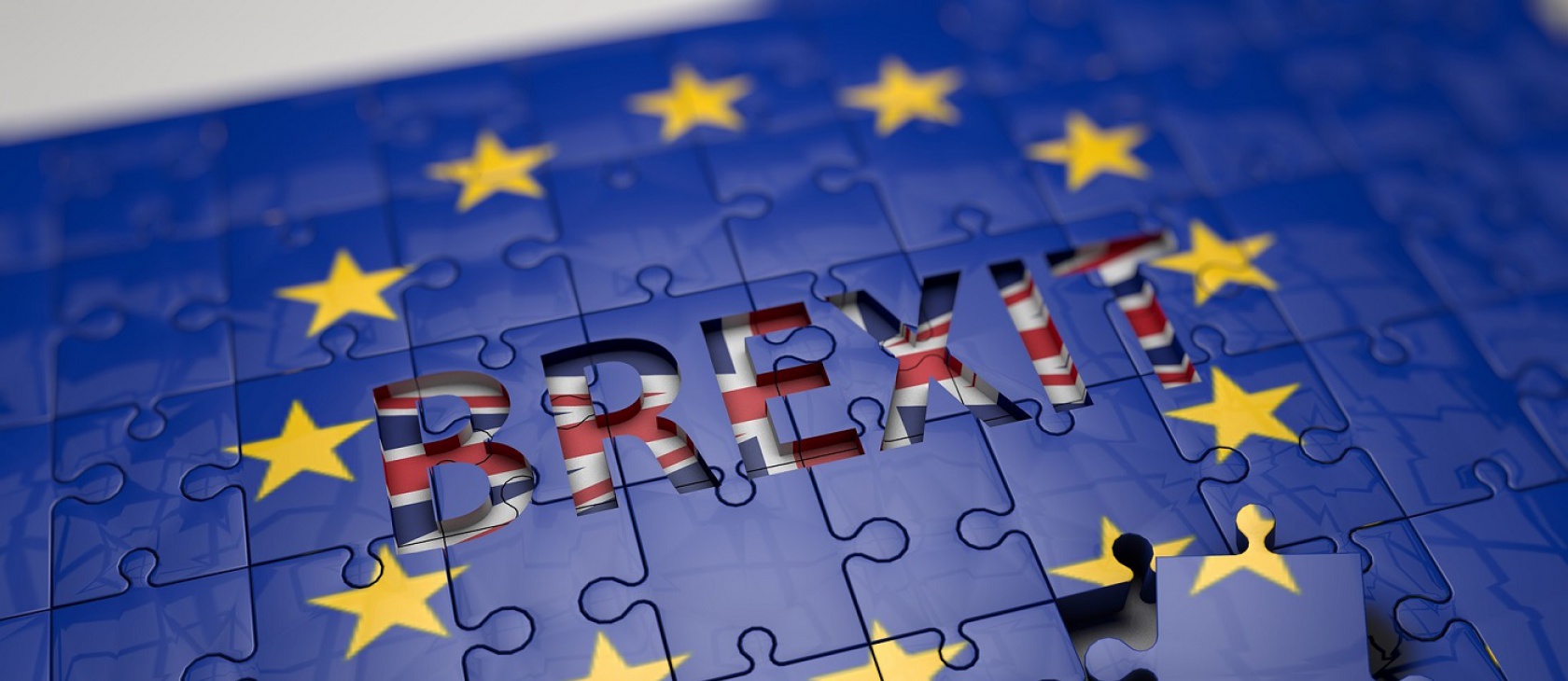This is the second article in a series on "God, Brexit, and EUtopia." You may read the first part here.
The seductive power of evil and the difficulties of regaining self-determination once lost are well illustrated theologically in C.S. Lewis’s The Silver Chair. Rilian, the prince of Narnia, and the children, Eustace and Jill, are all-but-convinced through enchantment and clever argument by the Queen of Underland that the real world, the “Overworld,” is but a dream and that there was never any world but her own. Puddleglum, a humble Marsh-wiggle, who clears his thoughts with self-inflicted pain, responds with a magnificent speech:
Suppose this black pit of a kingdom of yours is the only world. Well, it strikes me as a pretty poor one. … We’re just babies making up a game, if you’re right. But four babies playing a game can make a play-world which licks your real world hollow … we’re leaving your court at once and setting out in the dark to spend our lives looking for Overland. Not that our lives will be very long, I should think; but that’s a small loss if the world’s as dull a place as you say.
Only then is the queen’s true nature revealed as she is transformed into a great but loathsome serpent, which the prince, Eustace, and Puddleglum put to death.
The first part of this series rejected seductive dreams of utopian visions for society. From a Judeo-Christian theological perspective utopia conflicts with human nature as it is: fallen. Utopia needs to come from within, not without, through the transformative power of a renewed relationship with God. Fine as the utopian values on which the EU project is claimed to be based appear, there are good reasons to be sceptical of them. This second part evaluates what the Brexit negotiations reveal about the EU’s true values. The third and final part of this article will explore an alternative non-utopian vision for Europe based on (re-embracing) Christian values, the “bottom-up” renewal of Europe as a Christian society – and the EU letting the UK go with its blessing. The UK is beginning to awake from the Witch’s spell and strike out for the Overworld, whither now the Witch?
The Brexit negotiations
It was not until last March 29 that Theresa May signed a notification under Article 50 of the Treaty on European Union, which set in motion a procedure for withdrawal, requiring the EU to negotiate and conclude an agreement with the UK, failing which the Treaties would cease to apply to the UK two years after the notification (unless an extension is agreed). The extended period of delay provides ample opportunity for mischief-making and for the democratic will of the UK people to be frustrated. The Brexit negotiations demonstrate the true dystopian reality of the EU.
The dream that the EU promotes peace in Europe is in tatters from the way the question of Northern Ireland has been addressed, risking feeding ancient grievances that were fast being healed. Any democratic pretensions it may have had are shown to be illusory for its combination of hardball negotiations, unreasonable demands, whilst dropping hints that the UK need not leave. Its attempted moral high ground in insisting the European Court of Justice “must play an indispensable role” in protecting EU citizens’ rights in the UK is insulting to the UK’s heritage of the rule of law; the UK has a rather better track record of protecting its people’s rights than many world jurisdictions. Its “take it or leave it” attitude and dismissal of a “Europe a la carte,” especially over the issue of freedom of movement, such an important issue for national sovereignty, shows its contempt for voluntary mutually beneficial cooperation. The sense of national humiliation is well-captured by Charles Moore: “It commands leaders from its rebellious colonies to fly over in the small hours. They obey, and appear bleary-eyed in the imperial court to act the part allotted to them in the play.”
The overwhelming impression given is that the EU is about money, as witness the so-called “Brexit divorce bill,” with some leading UK politicians, such as Catholic Jacob Rees-Mogg, arguing passionately that there was no legal basis for any EU demand and that the UK did not owe the EU a “brass farthing,” contrasting with demands from the EU that could have led to an upfront payment of up to €100 billion, with suggestions that some EU member states wanted to insist on a much higher sum. What is shocking is that this appears to have featured higher in the EU’s priorities than the fate of its own citizens in the UK, and that of UK citizens in the EU. For example, early in the negotiating process German Chancellor Angela Merkel rejected May’s calls for an early settlement and Donald Tusk, European Council president, and Jean-Claude Juncker, European Commission president, subsequently objected to discussing the matter – so important for the day to day lives of millions – because it was raised in the wrong venue.
Between writing and publication of the second part of this article, there has at last been a milestone of sorts reached with the Brexit negotiations, the anticipated conclusion of “Phase 1.” It has been greeted with mixed feelings in UK news headlines. The Daily Telegraph poignantly hailed it as “The price of freedom”; the Daily Mail in quasi-religious terms extols us to “Rejoice! We’re on our Way.” Others are, rightly, more cautious. A detailed summary can be found in Ben Johnson’s Acton Powerblog “‘Brexit breakthrough’: What you need to know about the new UK-EU report.” (For those with the stamina, there is the full Joint Report.)
Despite the hype, there are real reasons to fear that people who voted Leave to regain their self-determination will be bitterly disappointed, despite the caveat on the front of the report, indicating that “nothing is agreed until everything is agreed.” It is nice to see that citizens’ rights and Northern Ireland are positioned above crude money in the document. But there are fears as to what restrictions on lawmaking might result from the need to “maintain full alignment” with Internal Market and Customs Union rules that now, or in the future, support, for example, North-South cooperation in Ireland and concerns as to the (albeit reduced and time-limited) role of the Court of Justice of the European Union. And, despite initial estimates that the Brexit divorce bill would be in the region of £35 to 39 billion, there are further concerns that it could turn out to be double that, or even as much as £100 billion.
The only good thing to emerge from this unholy mess is that if the UK is prepared to pay such a potentially “monstrous” sum to enable it to leave the EU, it demonstrates that its people are awakening from the spell they have been under, that many still value freedom very much – and can see glimpses of how cold and dark their Underworld prison truly is.
This is the second article in a series on "God, Brexit, and EUtopia." You may read the first part here.













